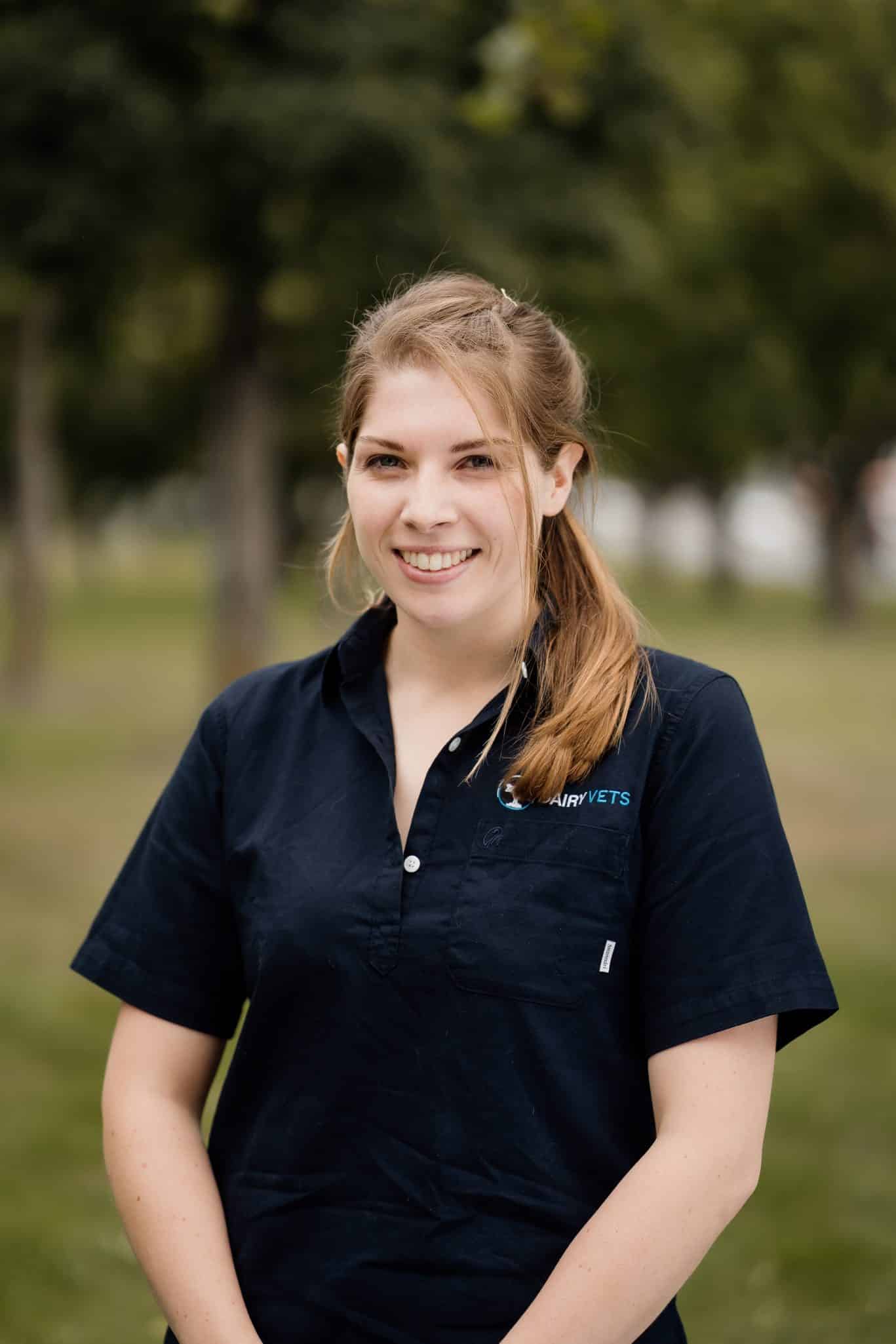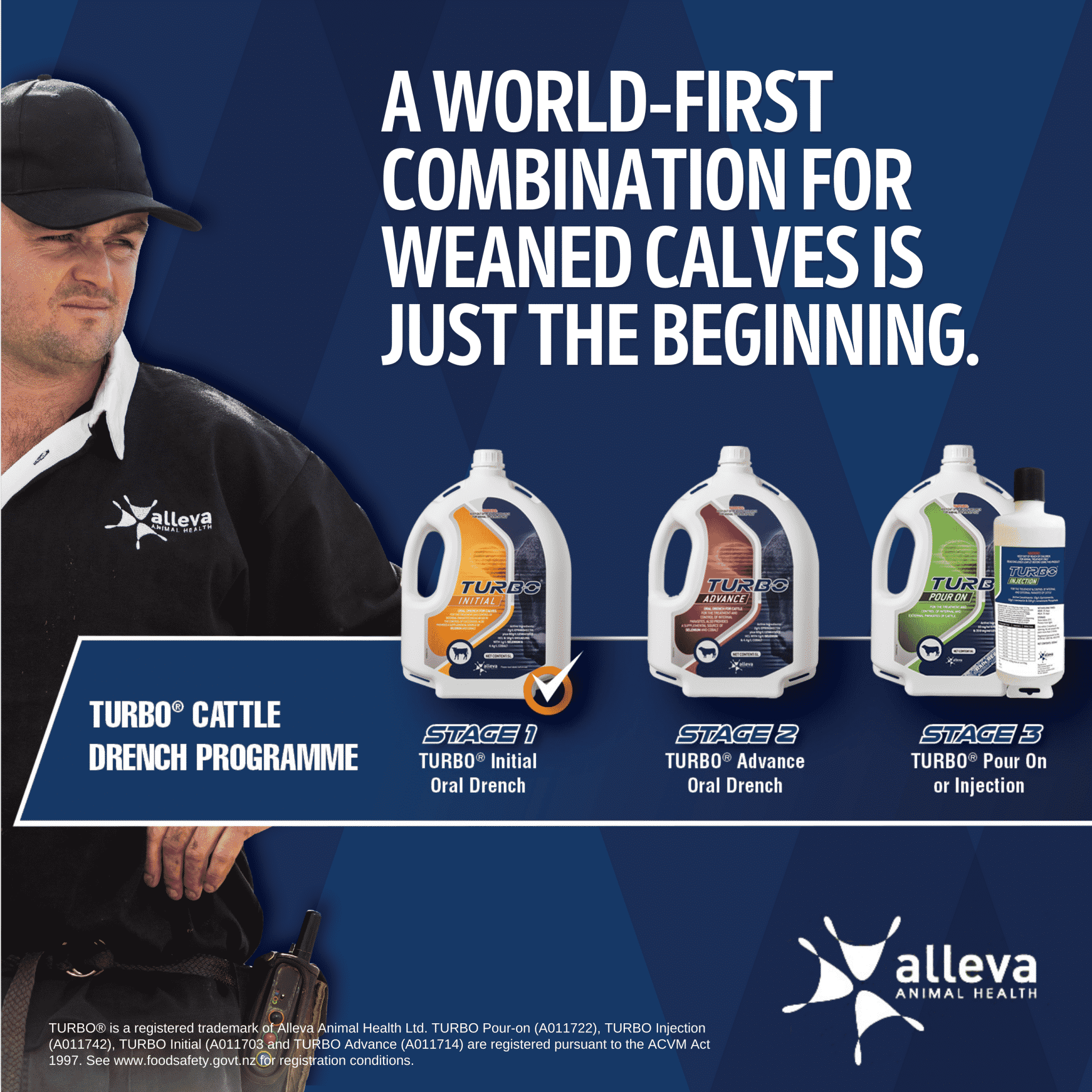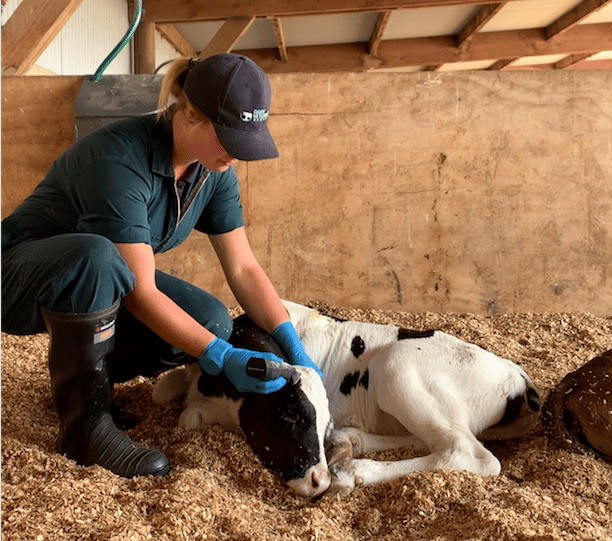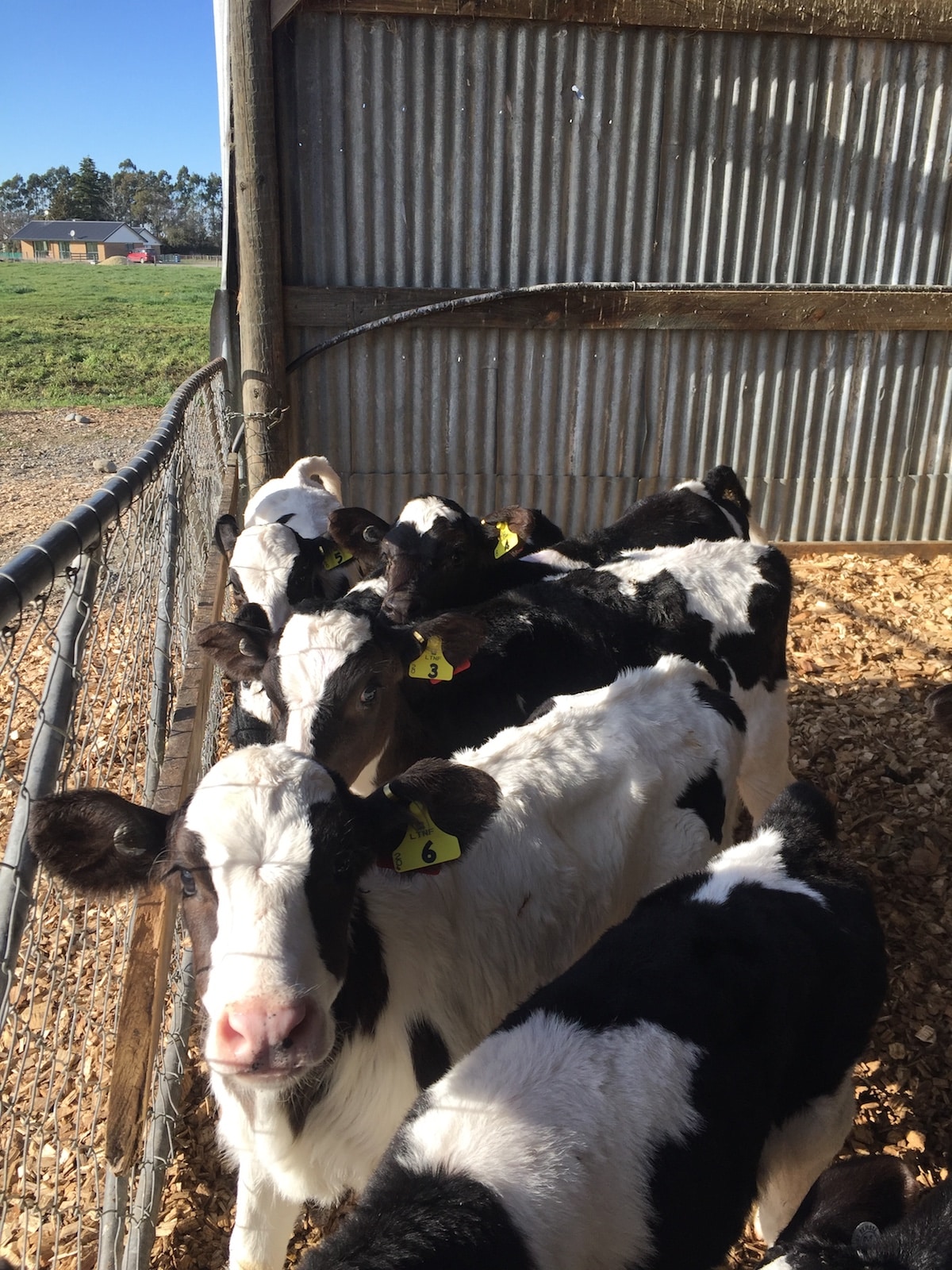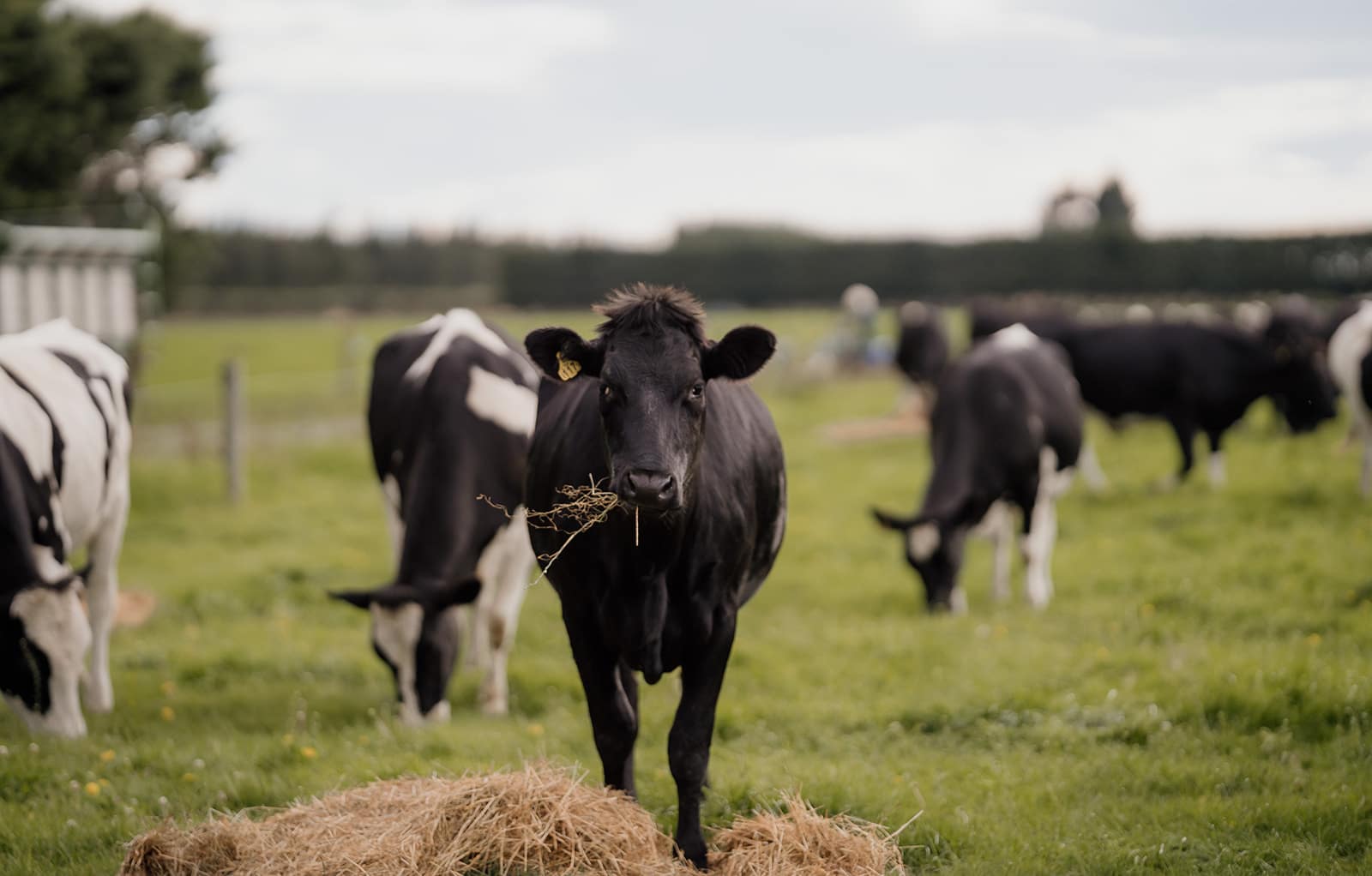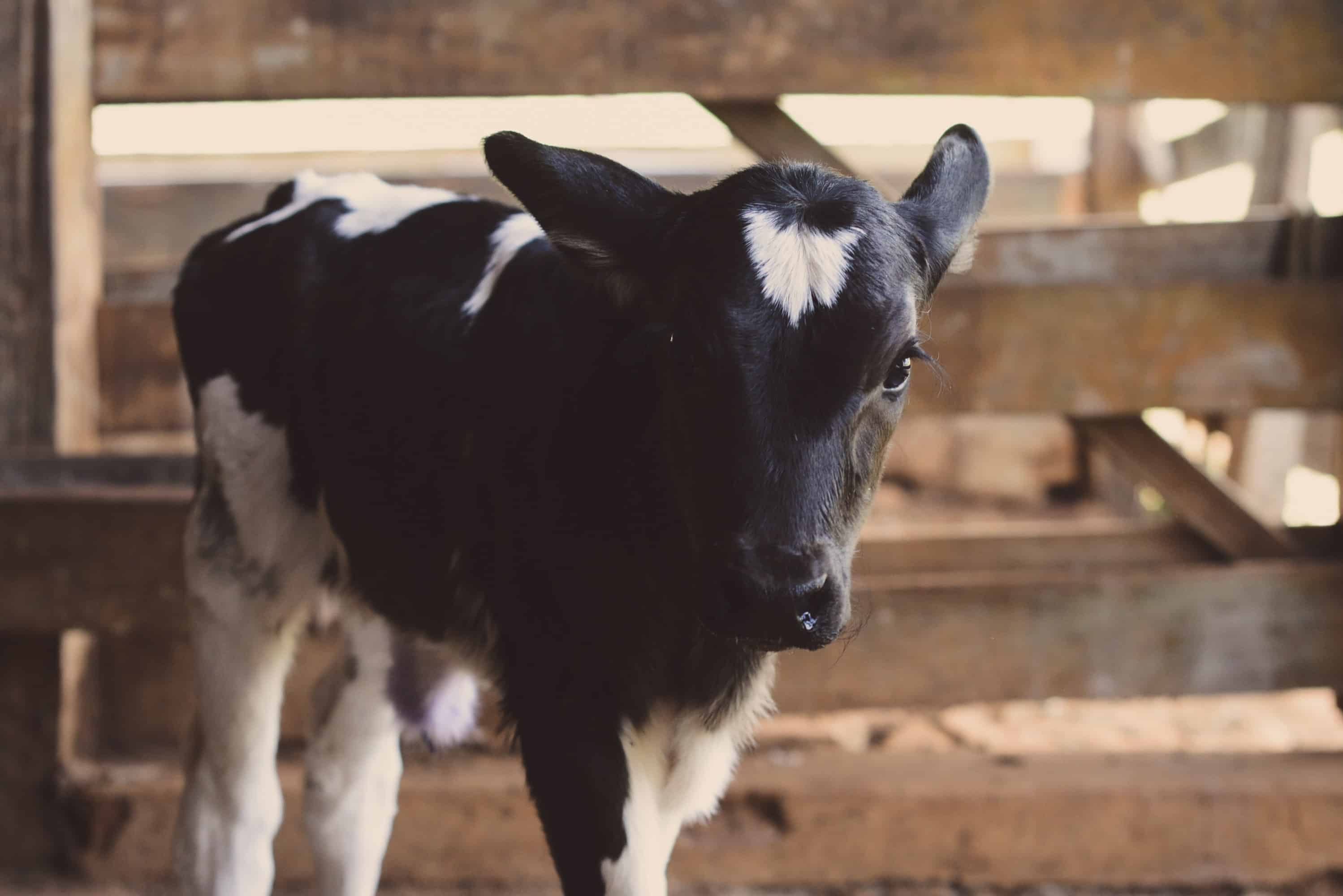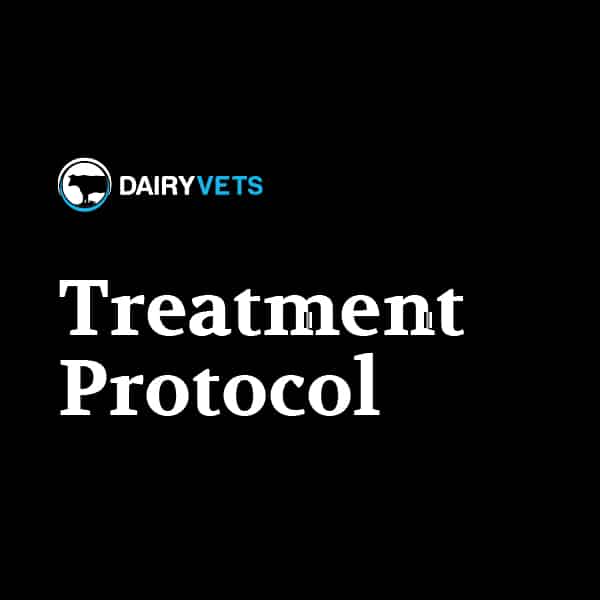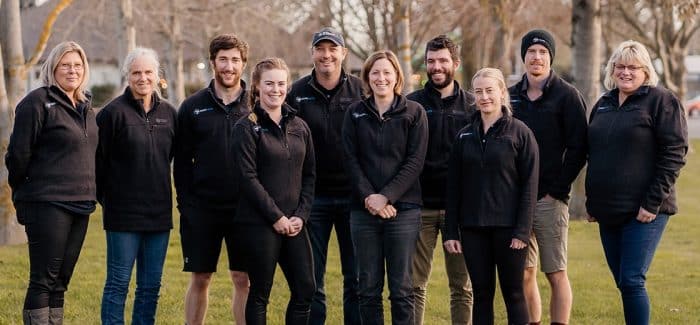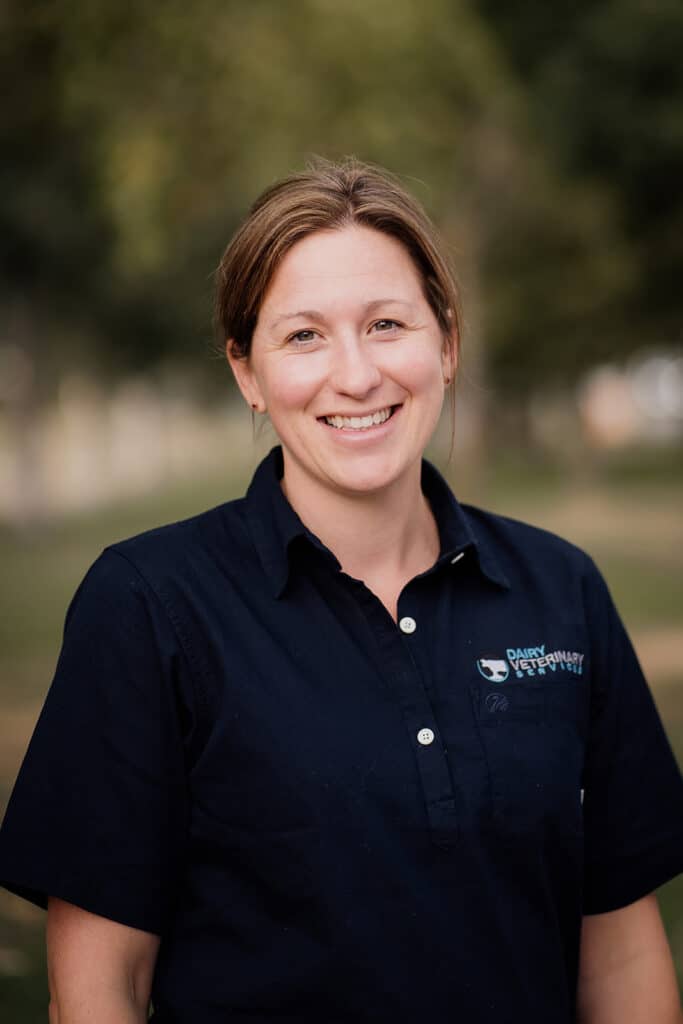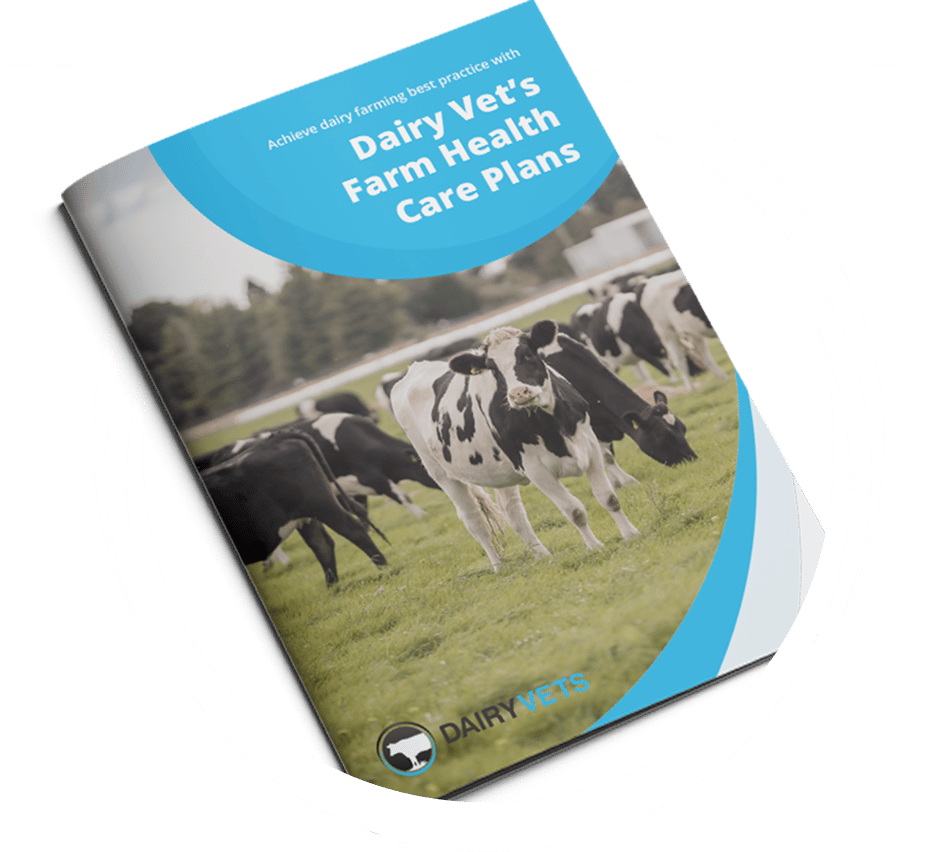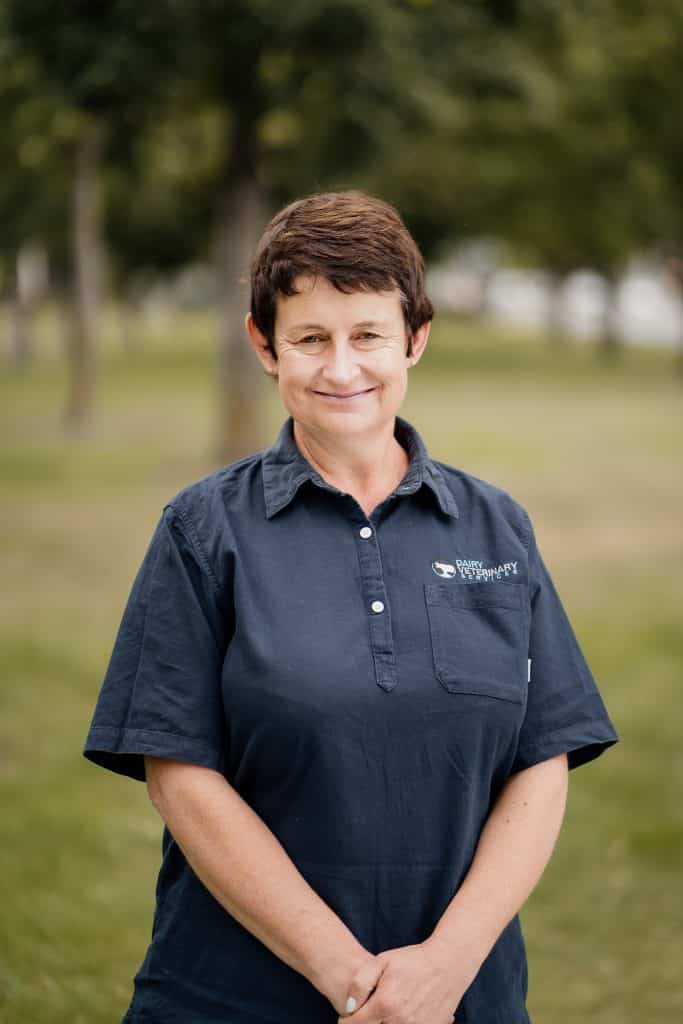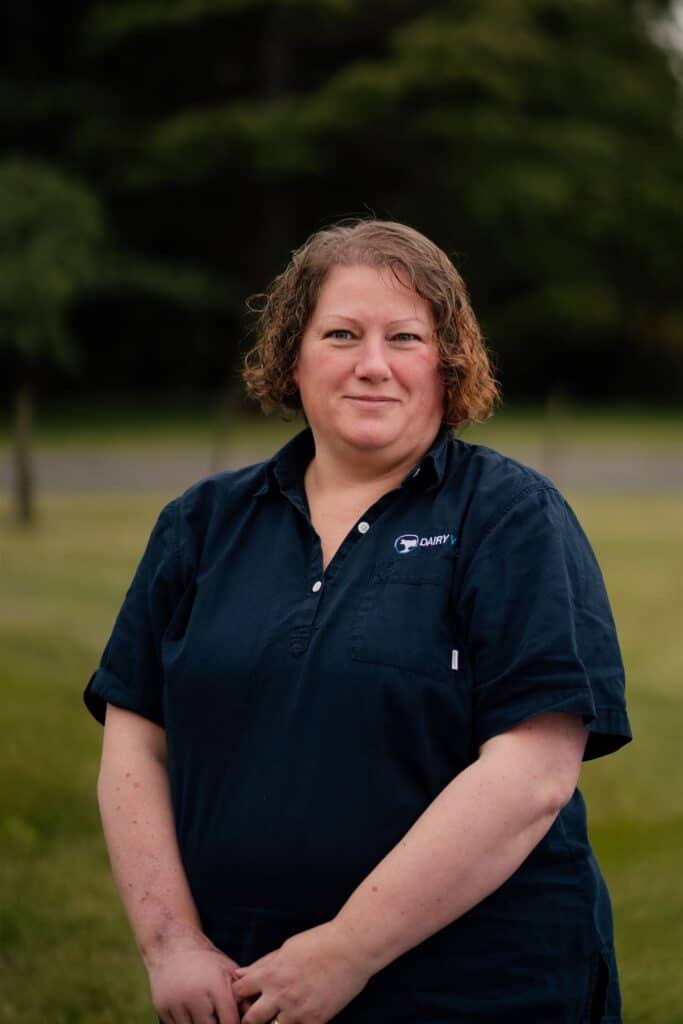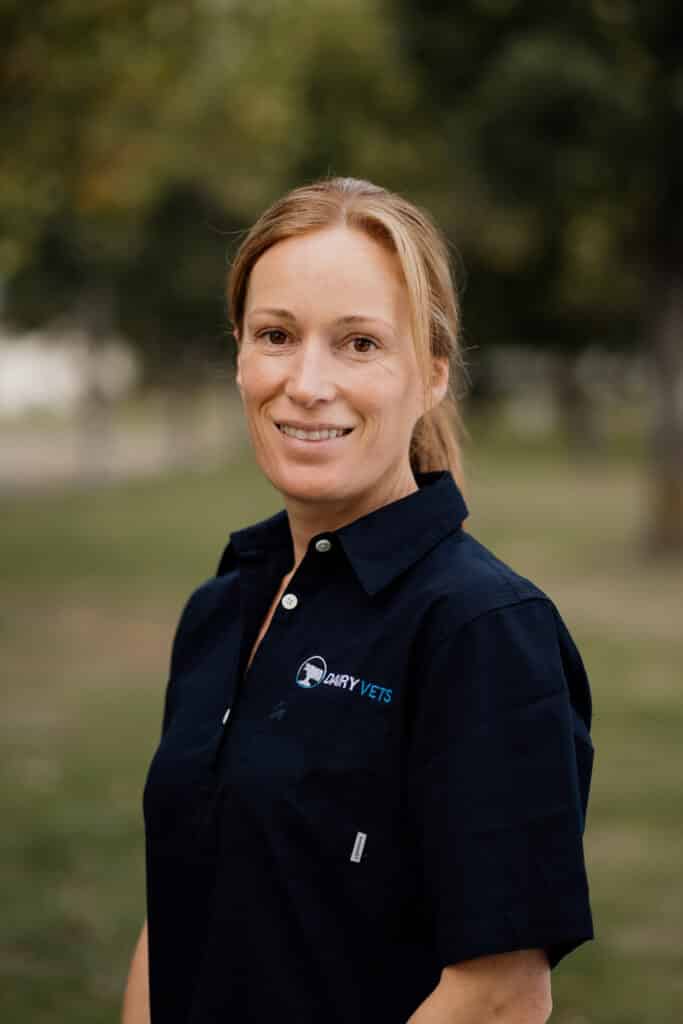| Leptospirosis Leptospirosis is a common and important infectious disease in New Zealand. Infected animals can pass it on to humans through their urine or any urine contaminated water. It is seen mostly in farm workers and people who work in meat processing plants. Symptoms in humans include fever, chills, vomiting and diarrhoea and it can progress into Weil’s disease which is a serious health risk. Not only is it very important as it can affect us, but it can also be a cause of production loss on your farm. It can cause different problems in cows including mastitis, abortions, kidney disease and stillbirths. This commonly manifests as a cause of poor fertility in herds. Cows can also become carriers and still shed infection in their urine, making it an unseen risk to staff. The best way to control Leptospirosis on farm is through vaccination. Cows and R2s should be vaccinated around dry off and R1s can be vaccinated from late summer to autumn so that they coincide with herd vaccination in future years. The Leptoshield vaccine comprises 2 vaccinations 4-6 weeks apart. This should be given to calves and any stock on farm with unknown vaccination history. An annual booster is then all that is required to ensure your animals are protected. Calves can be vaccinated from as early as 4 weeks of age with 7 in 1 (2 vaccinations as calves with a booster now). Other methods of control include vermin control as it can be spread from rats, hedgehogs, possums and other farm animals in their urine. Ways of protecting yourself and workers include ensuring protective clothing and gloves are worn at all times. If you have any queries about leptospirosis on your farm and need any further advice in regard to vaccination schedules, please do not hesitate to call in to have a chat with one of our vets. We have resources we can use for staff training and certification of lepto use for your farm. |
Youngstock Focus: New Drench Products
Well most of you are done with the first 3 weeks of mating, which seems for most to have gone exceptionally well this year! If you have not quite reached 90% of you herd submitted now is the time to weigh up the options you have to get cows mated ASAP. Please give us a call if you would like to talk it through.
Calves are now at various stages of weaning. Dairy NZ have some good resources on when to wean: the take homes for me are weigh your calves and measure how much they are eating (no guesswork!). Remember we have technicians, weigh platforms and wand on standby to give you a hand!
Continue readingCalf Series: The Law, Pain Management and Recommended Best Practice
As of 1st October 2019, the law changed around calf disbudding and dehorning.
It is now, according to regulation 57 and 58 of the Animal Welfare (Care and Procedures) Regulations 2018, a legal requirement that any cattle beast of any age undergoing disbudding or dehorning must be under the influence of appropriately placed and effective local anaesthetic (as a minimum) pain relief.
Continue readingCalf Series: Hygiene
Hopefully you have all had some time to recharge the batteries before the mayhem of calving …here are some common tips to aim for when collecting calves and getting them to their calf pens this calving period:
Continue readingBVD and what it means to dairy farmers
Bovine viral diarrhoea occurs throughout NZ and the impact is a huge costs: studies show approx.. $140/cow/year for an infected herd. The biggest cost to farmers relates to early pregnancy losses.
Continue readingCalf Series: Colostrum
Now is the time to organise your rotavirus vaccine. It must be remembered this is PART of the process of great calf rearing management. The vaccine works by increasing the amount of antibodies in the cow’s colostrum to rotavirus, coronavirus and E-coli.
Continue readingNitrate Toxicity Treatment Protocol
• Call the Vet! Affected cows urgently require specific treatment
• Move all cows that can walk quickly and quietly off crop
Mastitis Post Dry Off Treatment Protocol
Review: dry off process – check cows are fully shut down prior to dry off; correct dry cow administration and post dry off management.
Continue readingAcidosis Treatment Protocol
If on crop walk all cows off that can and offer straw/hay and free choice mag oxide or sodium bicarbonate
Continue readingGeneral Scours Treatment
Calf Scours
All scouring calves will need milk and electrolytes. Calves can die if given only electrolytes and not fed milk due to a lack of energy. They will definitely die, if not given fluids and electrolytes.
Continue reading
